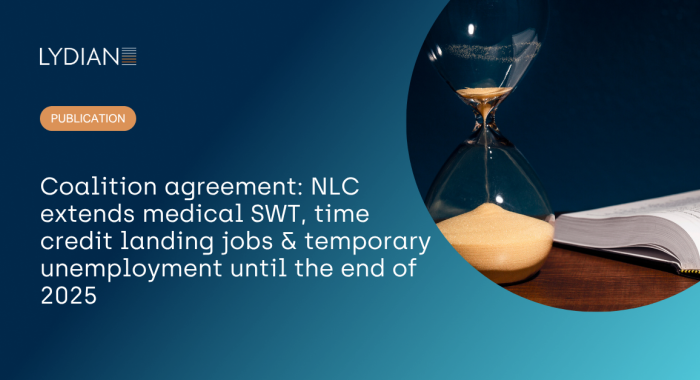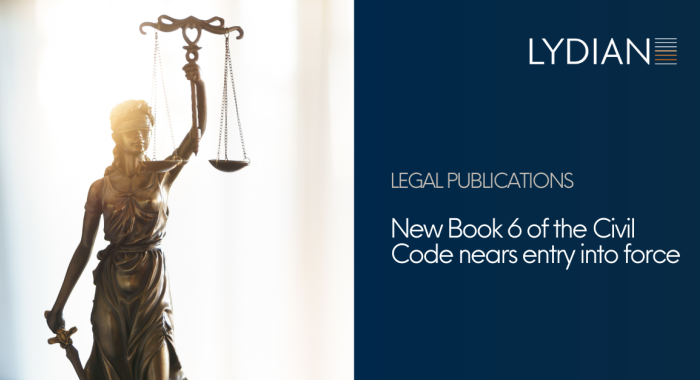Government sets wage norm for 2025-2026 at 0%
After the organizations of employees’ and employers’ representatives could not reach an agreement on the maximum margin of the wage cost evolution for the years 2025-2026, the government decided by Royal Decree of 12 September 2025 that this maximum margin - the so-called wage norm - for the years 2025-2026 is equal to maximum 0% on average, as was the case for 2023-2024. The Royal Decree was published in the Belgian Official Gazette on 22 September 2025 and entered into force on the same date.
The wage norm expressed by this percentage determines the extent to which the average salary cost of a company may increase over a two-year period and aims to safeguard Belgium's international competitiveness in relation to neighboring countries.
With the Royal Decree of 12 September 2025, the government confirmed the percentage of 0% proposed by the Central Council of Economic Affairs for the years 2024-2025. In concrete terms, this means that the average salary cost within a company may not increase during these years. Individual salary increases are therefore still possible, as long as the average salary cost within the company does not increase. Salary increases resulting from indexation and baremic increases are not covered by the wage norm, as well as some benefits, like the cct 90 bonus.
Companies that do not respect this wage norm may (at least in theory) be sanctioned with administrative penalties. In addition, agreements containing salary increases in violation of this wage norm may be declared null and void by the courts. Therefore, companies should monitor the evolution of their salary cost for the years 2025-2026. However, in practice, we note that there is no priority to penalize any violations of the wage norm. One of the reasons for this is that it is very difficult to establish a violation.
The coalition agreement indicates that automatic indexation and the wage norm shall be retained, but that the social partners shall be requested to draw up an advisory opinion on the reform thereof by 31 December 2026.



